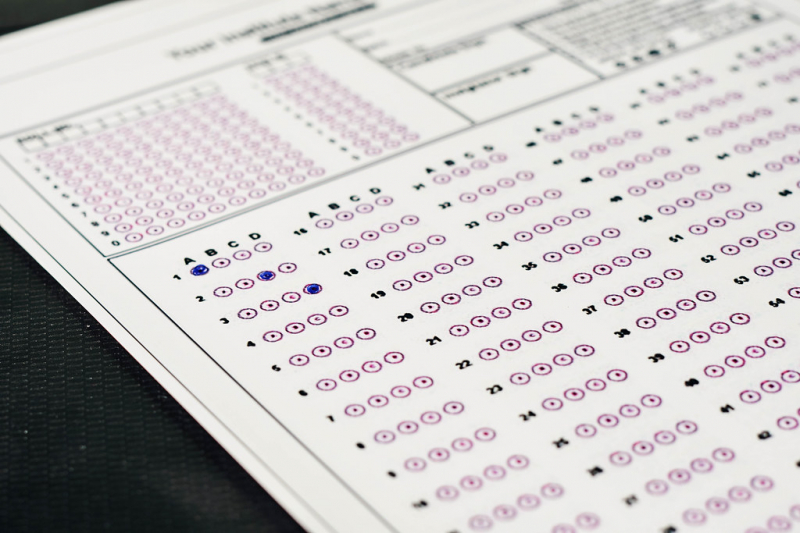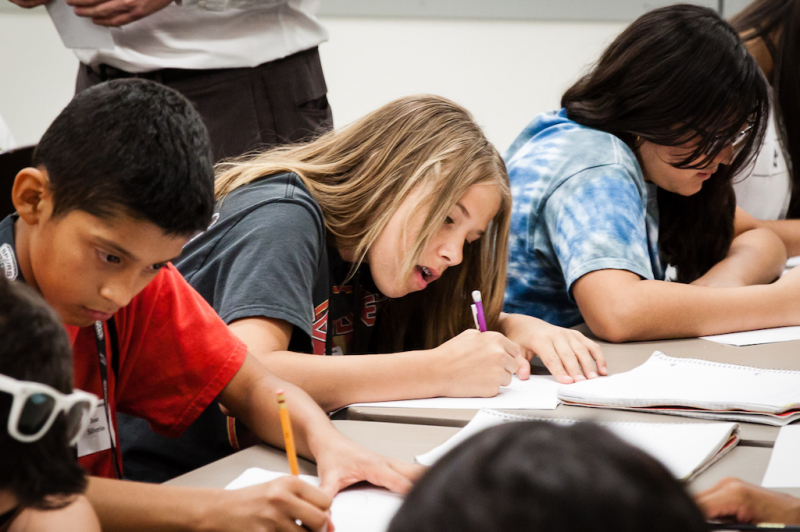The relevance of standardized testing
Essay topic: Standardized Testing in Education: Navigating the Divide Between Assessment and Learning
Answer:
Standardized testing has been a cornerstone of educational evaluation for decades, purportedly providing an objective measure of student achievement. However, as the educational landscape evolves, so does the controversy surrounding the relevance and effectiveness of standardized testing. This essay seeks to unravel the complexities of this debate, examining both the arguments in favor of standardized testing and the criticisms that question its actual value in assessing student learning.
Proponents argue that standardized testing provides a uniform and measurable way to assess student performance, enabling educators and policymakers to hold schools accountable for educational outcomes. Standardized tests, they contend, serve as a crucial tool for identifying areas of improvement and allocating resources effectively.
Advocates for standardized testing emphasize its role in promoting equity in education. They argue that by employing a standardized measure, schools can identify achievement gaps and implement targeted interventions to ensure that all students, regardless of socioeconomic background, have access to quality education.
One of the primary arguments in favor of standardized testing is its purported ability to gauge a student's readiness for higher education and the workforce. Colleges and employers often rely on standardized test scores as a benchmark for academic and cognitive abilities, facilitating a streamlined evaluation process in admissions and hiring.
Critics contend that the emphasis on standardized testing leads to a phenomenon known as "teaching to the test." To boost test scores, educators may narrow their curriculum, focusing on rote memorization and test-specific skills rather than fostering critical thinking, creativity, and a holistic understanding of subjects.
A recurring critique of standardized testing revolves around its inherent cultural and socioeconomic biases. Critics argue that these tests may disadvantage certain demographic groups, unfairly assessing their abilities. The emphasis on a standardized approach may not adequately account for diverse learning styles and cultural backgrounds.
Detractors also express concerns about the impact of standardized testing on fostering creativity and critical thinking skills. The structure of these tests, often focused on multiple-choice questions and timed responses, may only partially capture the complexity of a student's intellectual capabilities.
In summary, the debate over the relevance of standardized testing is a nuanced and multifaceted discussion. While standardized tests offer a seemingly objective method of assessing student performance and ensuring educational equity, the criticisms surrounding cultural bias, teaching practices, and the limitations in evaluating holistic skills cannot be ignored. Striking a balance between accountability and fostering a comprehensive educational experience is essential for addressing the challenges posed by standardized testing. As the educational landscape continues to evolve, educators, policymakers, and stakeholders must engage in an ongoing dialogue to refine assessment methods that genuinely serve the best interests of students and the pursuit of educational excellence.












